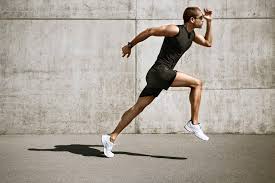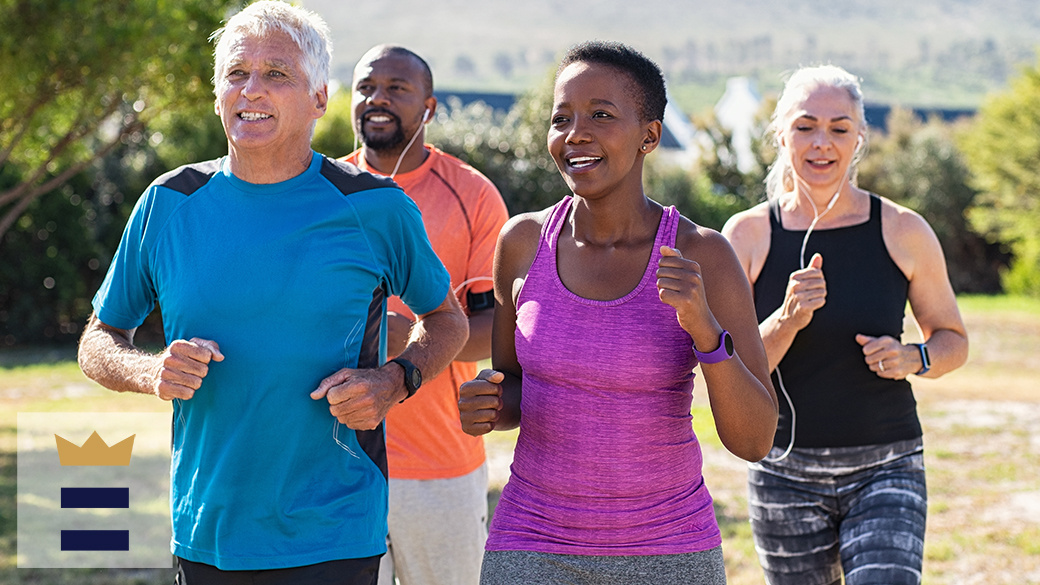Sports A Platform for Advocacy and Social Change
Sports have always been more than just games; they have the power to inspire, unite, and drive social change

Sports have always been more than just games; they have the power to inspire, unite, and drive social change. Over the years, athletes and sports organizations have leveraged their platforms to advocate for various social and political causes. From Muhammad Ali's stand against the Vietnam War to Colin Kaepernick's protest against racial injustice, sports have served as a powerful catalyst for advocacy and social change.
In this 1000-word exploration, we will delve into the ways in which sports serve as a platform for advocacy and social change. We will examine the historical context, the role of athletes and sports organizations, and the impact of sports-related activism on society.
Historical Context:
Sports and advocacy have been intertwined throughout history. One of the earliest examples dates back to the 1936 Berlin Olympics when African American sprinter Jesse Owens won four gold medals, defying Adolf Hitler's notion of Aryan supremacy. Owens' success served as a powerful statement against racism and Nazism, emphasizing the universality of athletic talent and human dignity.
Another pivotal moment in sports activism came during the Civil Rights Movement in the United States. African American athletes like Jackie Robinson, who broke the color barrier in baseball, and Muhammad Ali, who refused to be drafted into the Vietnam War, used their prominence to advocate for racial equality and peace. Their actions inspired generations and demonstrated that athletes could be more than just entertainers; they could be agents of change.
The Role of Athletes:
Athletes possess a unique platform that allows them to reach millions of fans worldwide. They are not just physical performers but also influential figures with the ability to shape public opinion. Athletes often use their fame and the spotlight to raise awareness about important social issues. For instance, LeBron James, one of the most prominent athletes of our time, founded the LeBron James Family Foundation, which focuses on education and community development initiatives for at-risk children. He also spoke out against racial injustice and police brutality, demonstrating the influential role athletes can play in advocating for change.
Colin Kaepernick, the former NFL quarterback, took a knee during the national anthem to protest racial inequality and police violence against Black Americans. His silent, peaceful protest sparked a nationwide conversation and ignited the debate about athletes' right to express their views on the field. Despite facing backlash and criticism, Kaepernick's actions prompted important discussions about race and social justice in America.
It's not just in the United States where athletes have used their platform for advocacy. In South Africa, during the apartheid era, sports played a significant role in the fight against racial segregation. The boycotts, protests, and exclusion of South Africa from international sports events were instrumental in pressuring the apartheid government to end its discriminatory policies.
Sports Organizations:
Sports organizations also play a pivotal role in advocacy and social change. They set the tone for inclusivity, diversity, and tolerance within the sports community. For example, FIFA, the international governing body of soccer, has implemented various initiatives to promote social change through the sport. They have campaigns to combat discrimination, racism, and gender inequality, emphasizing the power of soccer to foster unity and understanding.
Similarly, the Olympic Games have a long history of advocating for peace and tolerance. The Olympic Truce, an ancient tradition revived in modern times, calls for a ceasefire during the games, promoting diplomacy and dialogue over conflict. The Olympic Charter also includes principles of non-discrimination and equality, reinforcing the idea that sports can transcend political and social boundaries.
The Impact on Society:
The impact of sports-related advocacy and social change initiatives extends beyond the world of athletics. They can influence public opinion, shape policy, and inspire grassroots movements. Here are a few ways in which sports have made a lasting impact on society:
Raising Awareness: Athletes and sports organizations have the ability to shine a spotlight on critical issues. Whether it's the fight against racism, gender inequality, or environmental concerns, sports provide a platform to educate and engage the public.
Inspiring Action: Sports icons often serve as role models for young people. When they take a stand on important issues, they inspire the next generation to become advocates and change-makers in their communities.
Policy Change: Advocacy efforts within sports have led to policy changes at both local and global levels. For instance, Title IX in the United States, which promotes gender equality in education and sports, was influenced by the women's sports movement.
Unity and Solidarity: Sports have the power to unite people across boundaries, fostering a sense of belonging and shared purpose. Events like the Olympics and World Cup bring together diverse nations, promoting peace and cooperation.
Amplifying Voices: Athletes often have access to large platforms, and when they speak out on behalf of marginalized communities, they amplify the voices of those who may not be heard otherwise.
Creating Conversations: Sports-related activism sparks conversations in living rooms, classrooms, and boardrooms. It challenges societal norms and encourages individuals to think critically about the world around them.
Challenges and Controversies:
While sports advocacy for social change is powerful, it is not without its challenges and controversies. Athletes who take a stand often face backlash, risking their careers and endorsements. There are also debates about the appropriateness of mixing politics and sports, with some arguing that sports should be a refuge from societal issues.
Furthermore, there is the issue of performative activism, where athletes or organizations engage in superficial gestures without meaningful action. It's essential to distinguish between genuine efforts to drive change and token gestures that merely seek to appease public opinion.
Sports have evolved into more than just games; they are platforms for advocacy and social change. Athletes and sports organizations wield significant influence in raising awareness, inspiring action, and shaping public discourse on critical issues. From breaking racial barriers to challenging gender inequality, sports have proven their capacity to transcend boundaries and drive positive change in society.
As we move forward, it is essential to continue supporting athletes and organizations that use their platforms for meaningful advocacy. At the same time, we must engage in thoughtful dialogue about the role of politics in sports and ensure that the actions taken align with genuine efforts to address societal challenges. Ultimately, sports will continue to serve as a powerful catalyst for advocacy and social change, reminding us that the world of athletics is about much more than winning and losing?it's about making the world a better place for all.
What's Your Reaction?
















